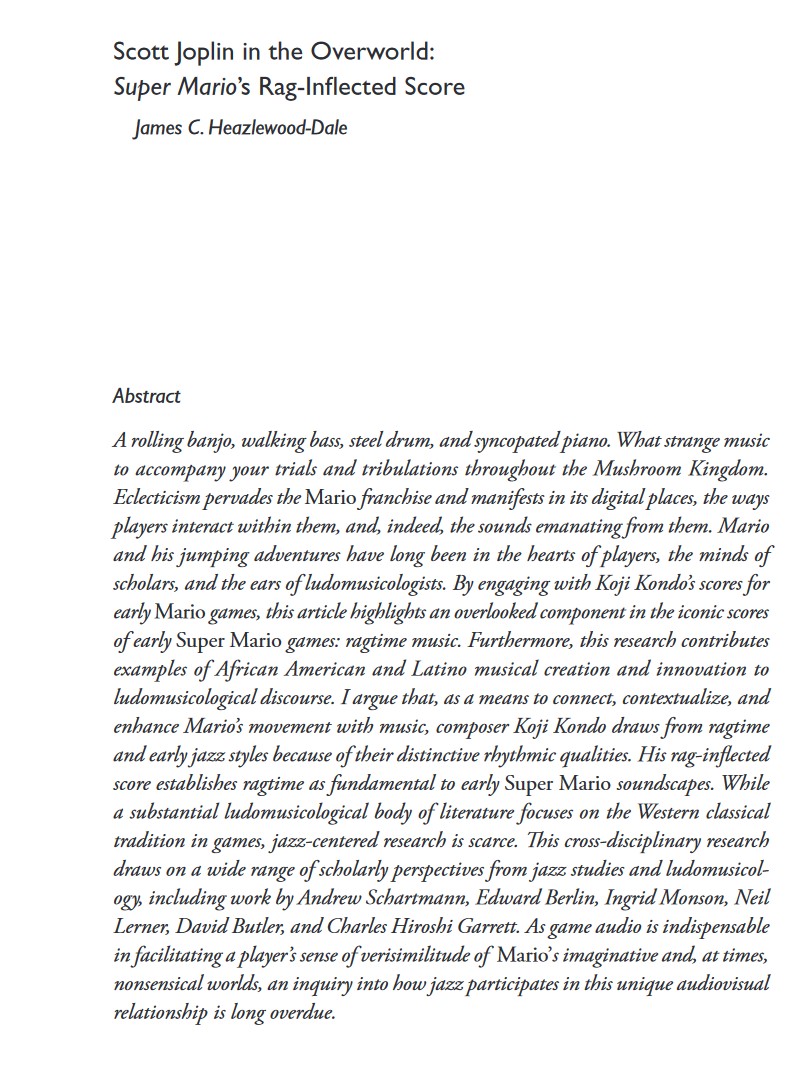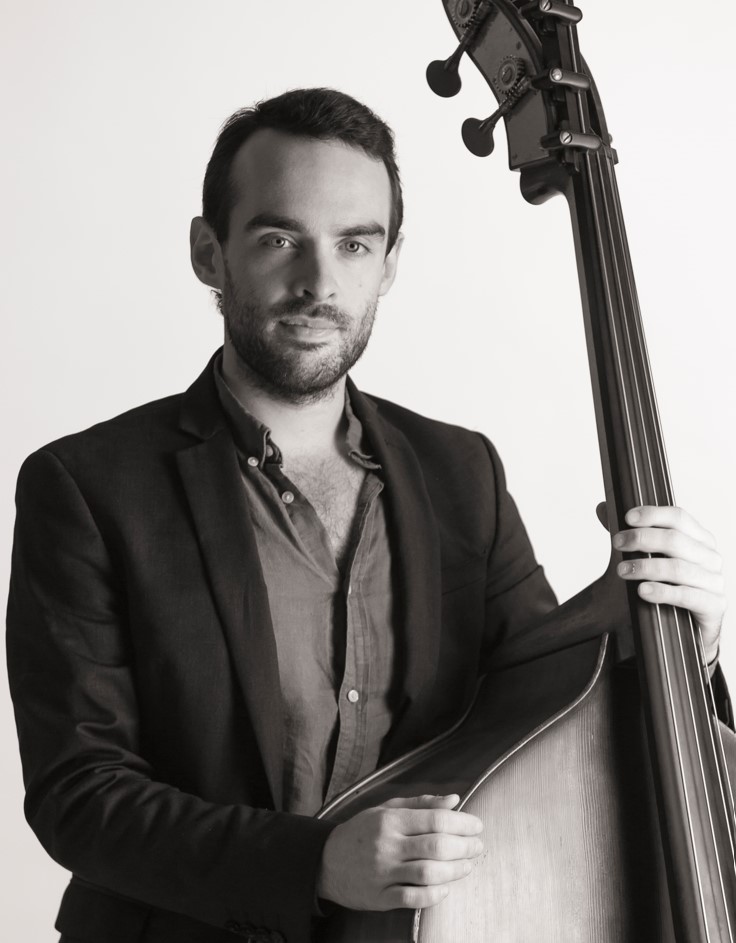We recently connected with James Heazlewood-dale and have shared our conversation below.
Hi James, thank you so much for opening up with us about some important, but sometimes personal topics. One that really matters to us is overcoming Imposter Syndrome because we’ve seen how so many people are held back in life because of this and so we’d really appreciate hearing about how you overcame Imposter Syndrome.
Firstly, I think it is important to recognize that imposter syndrome is a state of mind that we can very plausibly return to at different points in our careers, regardless of our accomplishments. To “overcome” imposter syndrome is to, more accurately, develop a set of tools to hush the pervasive inner voices of doubt should they arise. Should such discouraging voices go unchecked, imposter syndrome paralysis may take hold, where negative voices are speaking at such a volume and telling us that we do not possess the skills or qualifications to be doing what we are doing that we are unable to engage with our creative outlets. It is also worth mentioning that imposter syndrome is a highly personal mindset, and the factors that contribute to its loudness and how it may affect our practices will be varied. For me, as someone whose career involves a vast amount of writing and public speaking, imposter syndrome, at its worst, results in periods of immense procrastination. Self-judgment takes control, proclaiming that I am unqualified or undeserving to be working on the project I am currently involved with.
In discussing my journey with imposter syndrome, I’ll begin by saying that I’m a music scholar, what’s called a musicologist. Our line of work involves a lot of writing, critiquing other scholars’ work, and being constantly surrounded by the most brilliant and intelligent individuals you can imagine. We compete for spots at conferences to present our research, chapter contributions in edited collections, and limited professional positions in higher education. (Talk about a job that is just screaming for a nasty case of imposter syndrome!) However, experiencing impostor syndrome was at its worst for me at the beginning of my journey as an academic when undertaking doctoral coursework. My fellow students had extensive backgrounds in musicology (the academic study of music), whilst I came from a performance background (the study of performing music). Amongst them, it was clear that I had a divergent set of skills and experiences. This difference made itself very clear at times, leading to a severe lack of confidence in myself to the point where the mere thought of speaking up and contributing to any class discussion instilled a sense of dread. The professors interpreted my silence in class as a lack of interest and dedication to my studies, which, of course, exacerbated the imposter syndrome.
The turning point for managing imposter syndrome came when I began venturing outside my institution and finding people with whom I had a shared set of professional interests and goals. I began attending conferences and scholarly events where I had the opportunities to make new connections and gained a much broader view of the professional landscape I was entering, a perspective that I was unable to see from the confines of my institution. What I consider to be essential for taming imposter syndrome is finding companionship with people with whom you share a creative outlet. Accademia, like many other fields, is full of rejections. The ability to confide disappointment and failure to the right people, even if it is only a person or two, can make a huge difference. Eventually, you start to learn that everyone experiences the same rejections, normalizing the ebb and flow of professional successes and failures. While there may be periods when you experience an onslaught of rejections and your imposter syndrome is at its loudest, your comrades are there to remind you that you still have a place in your creative and professional sphere. You feel heard, and they value what you alone have to offer. They may not be in your immediate vicinity, but out there, if you look hard enough, you will find your people. What were doubts over your abilities and belonging dissipate and are replaced with a sense of place.

Appreciate the insights and wisdom. Before we dig deeper and ask you about the skills that matter and more, maybe you can tell our readers about yourself?
You already know I’m a music scholar, but I haven’t told you what type of music I specialize in. I’m a ludomusicologist. This is a fun and grandiloquent word for someone who studies video game music. Along with traveling the world presenting research and learning from my fellow ludomusicologists at conferences, I am currently a full-time lecturer, teaching university courses on video games and video game music. What I find to be one of the most special parts of my job is hearing about how much video games matter to people. The seminars I teach always have a waiting list, and watching my undergraduates light up in class conversations is what I imagine most teachers dream of. When I tell people what I do professionally, they most often launch into what games were meaningful to them growing up or what games they are currently playing. I literally get to spend my entire day learning, writing, and talking about video games. This is why addressing imposter syndrome was so important to me. Even though video games and the sounds and music they emanate are profoundly meaningful to me, at the beginning of my career, I couldn’t help but think I did not have the qualifications or the right to be a scholar of music. However, because I surrounded myself with like-minded and supportive colleagues, even if they weren’t in my immediate surroundings, I found my place within a scholarly community that values my perspective. I’ve hushed the pervasive imposter syndrome voice, completed my Ph.D., published articles and chapters, and am now working on my first book.
There is so much advice out there about all the different skills and qualities folks need to develop in order to succeed in today’s highly competitive environment and often it can feel overwhelming. So, if we had to break it down to just the three that matter most, which three skills or qualities would you focus on?
The power of stepping away
Developing your unique approaches to resolving problems is essential for creative output. In my writing practice, what typically stunts me is finding the best word or phrase to communicate ideas. Our words matter, and I have spent a great deal of time working on being patient with myself to take the time and choose the right words. Of course, the right words don’t always come to us on time when we need them. What I have found to be true time and time again is that arriving at a solution doesn’t always come to me when I’m under pressure to find it. Instead, taking a step away from the project and allowing my intuition to run its course will lead me to the solution. For example, it is so often the case that the right word or way to phrase an idea comes to me when walking the dogs, cleaning the house, or doing anything else but sitting in front of the computer screen, pondering the choices ad nauseam. There is great power in stepping away from your projects. Plan accordingly and allow ideas to ruminate and solutions to arise naturally in unexpected times and places.
Find the playful aspects of your work.
Play is something that, as a video game scholar, I spend a lot of time thinking about. In the first few weeks of the semester, I ask my undergraduates to consider what “play” means to them. (To borrow a term from Dr. Stuart Brown, a fellow scholar of play, our “play compass” will direct us to what is instinctually fun.) Another important conversation I have with my undergraduates that builds on identifying the types of play that we are drawn to as individuals is dismantling the notion that play is simply the opposite of work. You can “play” with anything. Not every aspect of a video game can be fun, just as not every part of a job or a demanding task is a wall preventing you from having a playful experience. Be attuned to and follow your play compass when working, and try to dismantle the barriers that separate your work from what you deem to be playful or fun.
Remember that everyone is human, and so are you.
A situation that can be both exhilarating and terrifying is meeting someone you revere. For me, this is typically a face-to-face encounter with a scholar at a conference or an adjacent academic event. I started my dissertation during the COVID-19 lockdowns. When people were able to leave their houses and attend conferences in person, I would constantly find myself in elevators, hallways, or group circles, where the name printed on a name tag was that of a scholar whose work I had spent hours reading, thinking through, or drawn from for my own research. Within your particular field, there are people who matter to you and your work, and it can be easy to forget that they are just human beings. The importance of this person’s output on your work and their status within your respective sphere can greatly affect your interactions with them. More often than not, I have found that when I put aside immense feelings of admiration, it is easier to strike up a conversation with them. They appear more approachable, and it is easier to have a more genuine conversation, which has led to professional opportunities I would never have expected to have. When speaking to someone you revere, remember that they, like you, have their own list of people whom they admire, even if they’re much further along in their career. Try to recognize the commonalities instead of dwelling on the differences between you and those you aspire to be.
Before we go, maybe you can tell us a bit about your parents and what you feel was the most impactful thing they did for you?
I’ll close with a response that has become somewhat of a clique among game scholars. My parents, in general, are very supportive people, but, as you can imagine, the decision to dedicate several years of my life to completing a Ph.D. focusing on video game music came somewhat of a surprise. I’m sure many readers who played video games will remember, at some point, family members telling them to stop playing and focus on work. My parents were never particularly dogmatic when it came to balancing schoolwork and playing video games, but they most certainly would never have imagined that I would make a career out of them. So, I can say at this point in my life that one of the most impactful things my parents did for me was to introduce me to my first home consoles and computer games. The hours and hours spent sitting in front of the screen playing games, including Mario Kart, Zelda, or Pokémon, were well spent. Unbeknownst to both of my parents, I was taking my studies with the utmost seriousness.
so if you or someone you know deserves recognition please let us know here.




